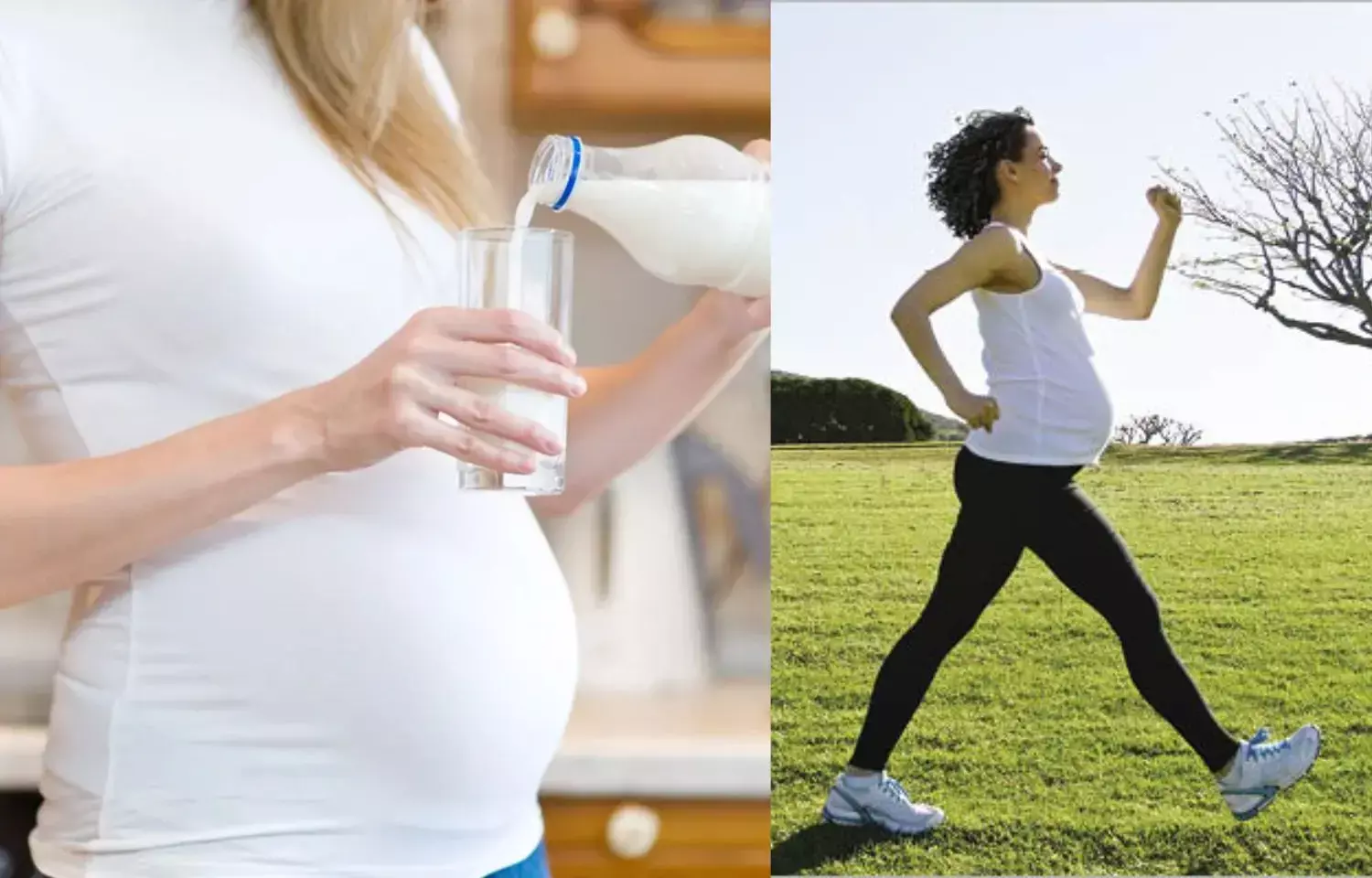- Home
- Medical news & Guidelines
- Anesthesiology
- Cardiology and CTVS
- Critical Care
- Dentistry
- Dermatology
- Diabetes and Endocrinology
- ENT
- Gastroenterology
- Medicine
- Nephrology
- Neurology
- Obstretics-Gynaecology
- Oncology
- Ophthalmology
- Orthopaedics
- Pediatrics-Neonatology
- Psychiatry
- Pulmonology
- Radiology
- Surgery
- Urology
- Laboratory Medicine
- Diet
- Nursing
- Paramedical
- Physiotherapy
- Health news
- Fact Check
- Bone Health Fact Check
- Brain Health Fact Check
- Cancer Related Fact Check
- Child Care Fact Check
- Dental and oral health fact check
- Diabetes and metabolic health fact check
- Diet and Nutrition Fact Check
- Eye and ENT Care Fact Check
- Fitness fact check
- Gut health fact check
- Heart health fact check
- Kidney health fact check
- Medical education fact check
- Men's health fact check
- Respiratory fact check
- Skin and hair care fact check
- Vaccine and Immunization fact check
- Women's health fact check
- AYUSH
- State News
- Andaman and Nicobar Islands
- Andhra Pradesh
- Arunachal Pradesh
- Assam
- Bihar
- Chandigarh
- Chattisgarh
- Dadra and Nagar Haveli
- Daman and Diu
- Delhi
- Goa
- Gujarat
- Haryana
- Himachal Pradesh
- Jammu & Kashmir
- Jharkhand
- Karnataka
- Kerala
- Ladakh
- Lakshadweep
- Madhya Pradesh
- Maharashtra
- Manipur
- Meghalaya
- Mizoram
- Nagaland
- Odisha
- Puducherry
- Punjab
- Rajasthan
- Sikkim
- Tamil Nadu
- Telangana
- Tripura
- Uttar Pradesh
- Uttrakhand
- West Bengal
- Medical Education
- Industry
High dairy protein and walking during pregnancy support bone health: Study

Canada: Maternal intake of dairy foods, rich in high-quality proteins, calcium, and vitamin D may influence bone health status at a later stage, states an article published in The American Journal of Clinical Nutrition.
Pregnancy is one of the most wonderful feelings in the world for all women. During pregnancy and lactation, female physiology adapts to meet the added nutritional demands of fetuses and neonates. Eating a nutritious diet during pregnancy is linked to good brain development and healthy birth weight, and can reduce the risk of many birth defects.
Studies have shown that the average woman loses 3-5% of her bone mass during pregnancy and breastfeeding. Pregnancy induces bone mineral mobilization, which may be further compromised if diet and physical activity are sub-optimal. Previous studies have investigated the effects of supplements like calcium or vitamin D, but less is known about how dairy intake affects bone health during pregnancy and postpartum. Excess weight gain puts mothers at risk for health problems such as diabetes and developing or sustaining obesity after pregnancy, and puts babies at risk of developing related health problems.
Maude Perreault, Department of Pediatrics, McMaster University, Canada, and colleagues conducted a study to determine the effects of a Nutrition + Exercise intervention during pregnancy on maternal calciotropic and bone biomarker profiles throughout pregnancy and postpartum.
Researchers enrolled 187 participants(12–17 weeks gestation) for the Be Healthy in Pregnancy (BHIP) RCT and randomly assigned them 1:1 ratio to receive usual care(control) or structured and monitored Nutrition + Exercise plan (intervention) providing individualized high dairy protein diet and a walking program throughout pregnancy. Researchers used ELISA to measure Maternal serum total procollagen type 1N-terminal propeptide (P1NP; bone formation), C-terminal telopeptide of type 1 collagen (CTX; bone resorption), and insulin-like growth factor-1 (IGF-1) and used ultra-performance liquid chromatography-tandem mass spectrometry for vitamin D metabolites, at early and late pregnancy, six months postpartum, and in cord blood.
Key findings of the trial
• Significantly higher intakes were observed in the intervention versus control group for total protein, protein intake from dairy foods, and calcium while vitamin D intake was similar between treatment groups in both the second and third trimesters.
• The intervention group had significantly lower serum CTX at end of pregnancy (and in cord serum.
• Serum concentrations of P1NP rose significantly from early pregnancy to 6 months postpartum for the intervention group only.
• Serum 25(OH)D status was > 50 nmol/L for 97% of all participants.
The authors conclude that maternal intake of higher dietary protein and calcium compared to the usual care in concert with normal vitamin D status helps to minimize bone resorption, maintain bone formation and protect bone health during pregnancy.
Reference:
Maude Perreault, Michelle F Mottola, Stephanie A Atkinson, the BHIP study team The American Journal of Clinical Nutrition, nqac182, https://doi.org/10.1093/ajcn/nqac182
BDS
Dr. Hiral patel (BDS) has completed BDS from Gujarat University, Baroda. She has worked in private dental steup for 8years and is currently a consulting general dentist in mumbai. She has recently completed her advanced PG diploma in clinical research and pharmacovigilance. She is passionate about writing and loves to read, analyses and write informative medical content for readers. She can be contacted at editorial@medicaldialogues.in.
Dr Kamal Kant Kohli-MBBS, DTCD- a chest specialist with more than 30 years of practice and a flair for writing clinical articles, Dr Kamal Kant Kohli joined Medical Dialogues as a Chief Editor of Medical News. Besides writing articles, as an editor, he proofreads and verifies all the medical content published on Medical Dialogues including those coming from journals, studies,medical conferences,guidelines etc. Email: drkohli@medicaldialogues.in. Contact no. 011-43720751


